Launch success: Lacuna Space continues to grow IoT constellation with an equatorial satellite
Improving services such as monitoring greenhouse gas emissions in Indonesian peatlands and electricity generation from solar farms in Colombia
9 November 2020
Global connectivity provider Lacuna Space announced successful launch and communications with its fourth IoT (Internet of Things) gateway in space. The satellite, carrying a new generation of space gateways, was transported to equatorial low Earth orbit onboard the PSLV-C49 mission from India last Saturday. The mission will cover a geographic band around the entire globe between the 40th parallels North and South, stretching from Madrid all the way down to Cape Town.
“We are continuing to push the boundaries of what’s technically possible with extremely low power IoT technology with each generation of IoT gateways we are putting into space,” said Rob Spurrett, CEO of Lacuna Space. “This latest one offers higher sensitivity and capacity for message reception from LoRaWAN® (long range wide area network) devices. It also allows us to better cover regions around the equator offering more opportunities for our technology partners and IoT services providers across South America, Africa and Southeast Asia.”
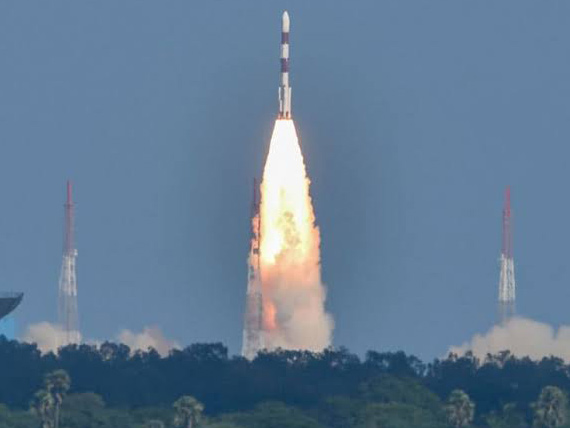
One of Lacuna’s early partners has been Sustainability Tech, a technology systems developer that focuses on tropical forest ecosystems in Southeast Asia. Sustainability Tech is working with Lacuna Space to produce new satellite-connected sensors that monitor wetland hydrology. These enable a variety of companies, from commercial plantation managers to conservation projects such as peatland restoration, to monitor fire risk and water levels from any internet-connected device.
Peatland ecosystems, a type of wetlands, are home to some of the world’s rarest and unique species and store more carbon than all other vegetation types in the world combined. With over 14 million hectares (140,000 km2), Indonesia has some of the largest peatlands globally. Degradation from commercial development has turned them into a major contributor of greenhouse gas emissions (globally they account for six percent of anthropogenic CO2 emissions) and led to increased fires and haze. The damage poses enormous climate risk and negatively affects the health of rural people and local economies. Peatland restoration can significantly reduce these emissions.
Josh Van Vianen, managing director of Sustainability Tech said: “The Lacuna satellite connection allows our clients to monitor their peatland restoration impact in harsh environments with more reliable uptime and lower costs compared with first generation systems. This is exactly the type of technology needed to massively scale up the climate solutions necessary to protect our planet from further warming.
By partnering with Lacuna, Sustainability Tech is improving its sensor suite and enabling clients to effectively monitor and manage large areas with access to better data. Low orbit satellites improve coverage for these sensor networks and reduce costs for clients, which include conservation and climate mitigation projects, researchers and agribusiness that need real-time management tools. The partnership with Lacuna will benefit all local actors, ensuring they can transparently measure their impacts and implement interventions at scale.”
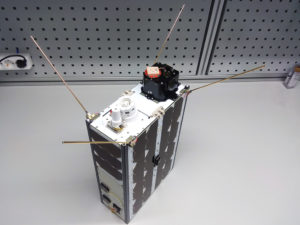
Another partner is Interco Cloud, an IT integrator based in Colombia, that Lacuna Space has been working with to develop forest monitoring services across Latin America. Together they also enable governments in the region to monitor electricity generation from solar farms in the remote regions, where other networks become cost prohibitive.
Nelson Velandia, CEO of Interco Cloud, said: “The low availability of land connectivity, especially in the jungle tropics, hinders the viability of these projects. Lacuna Space is a strategic partner to integrate these types of solutions, where short messages are needed, making the project viable. This new satellite in equatorial orbit will also allow us to better advance such projects.”
The satellite platform and early operations have been supplied by nanosatellite integrator NanoAvionics. Other key equipment was provided by Oxford Space Systems and Parametric in Switzerland. Service commissioning – the on-orbit checkout period – is underway and telemetry data is already flowing back. The mission is expected to enter full service before the end of the year.
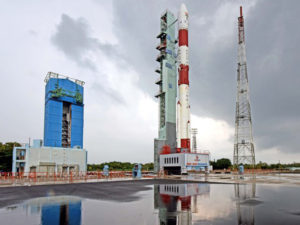
About Lacuna Space
Lacuna Space, located in the United Kingdom and The Netherlands, provides low-cost, easy and reliable global connections to sensors and mobile equipment. The company provides an ultra-low power tracking and connectivity service for short data messaging based on open source LPWAN protocols, that is ubiquitous. The service works everywhere, enabling companies to gather data from remote sensors or tracking the status of moving assets.
For more information, follow us on Linkedin or Twitter.
Press contact
For more information, please contact Harry Pirrwitz via email harry@ciceroandfriends.com or call +44 (0)73 9252 5980.
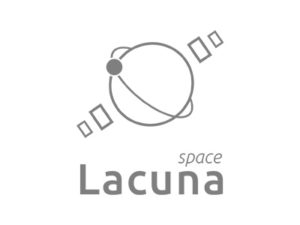
About Interco Cloud
Interco Cloud, based in Colombia South America, offers tailor-made cloud projects that transform customer problems into reliable solutions, integrating the best world-class providers. Solutions include managed IT services and IoT integrations. The focus of IoT is on low-cost, long-range and low-power LPwan technologies to meet the needs of Latam customers in isolated areas where traditional communications are unreachable.
For more information visit https://www.intercocloud.com
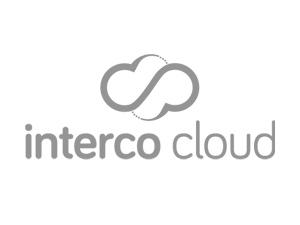
About Sustainability Tech
Sustainability Tech develops technology solutions for conservation and climate mitigation projects, researchers, and agribusiness that require real-time landscape management data. Our company combines a suite of proprietary IoT sensors and software to provide a comprehensive solution for monitoring large forest, wetland and plantation areas. We provide environmental data and automated reporting for clients, helping them better understand the impacts of their interventions in real time, reduce the risk of fire and report outcomes more accurately.
With offices in Bali and Singapore, Sustainability Tech has an experienced team with skills ranging from research and statistical analysis to software and hardware development. The company has an established track record developing solutions for large international conservation NGOs and top nature-based solutions project developers, in addition to an extensive professional network in the fields of conservation, forestry, agriculture, fisheries, and scientific research.
For more information visit: https://sustainabilitytech.com

